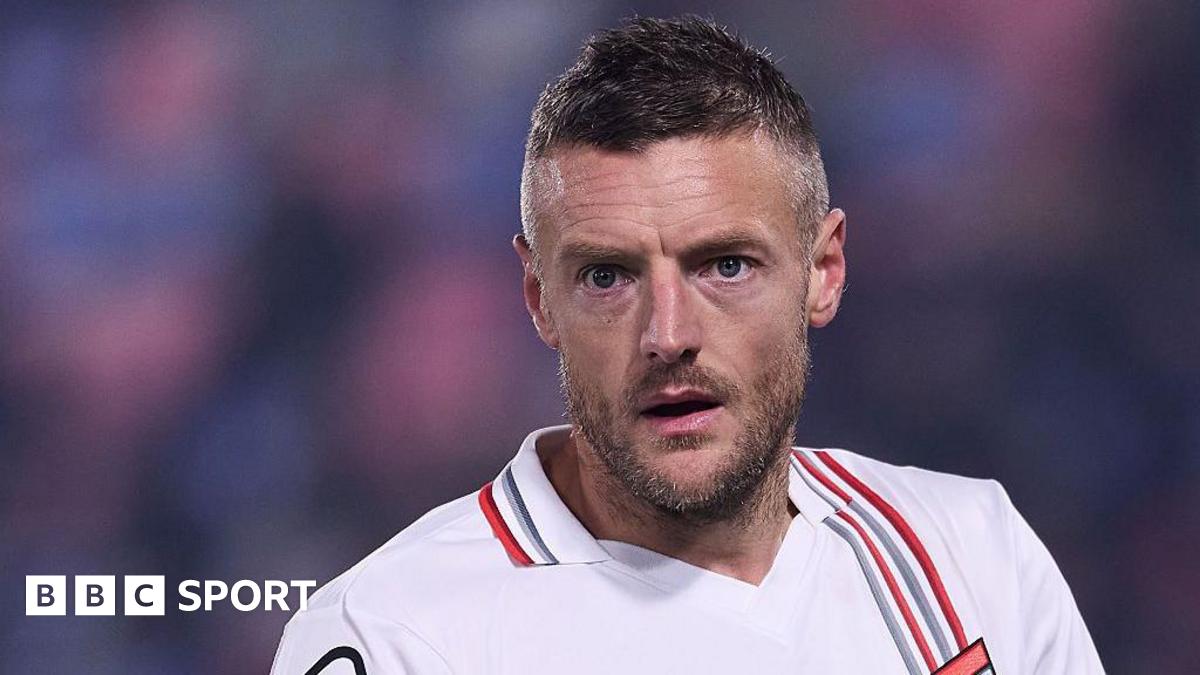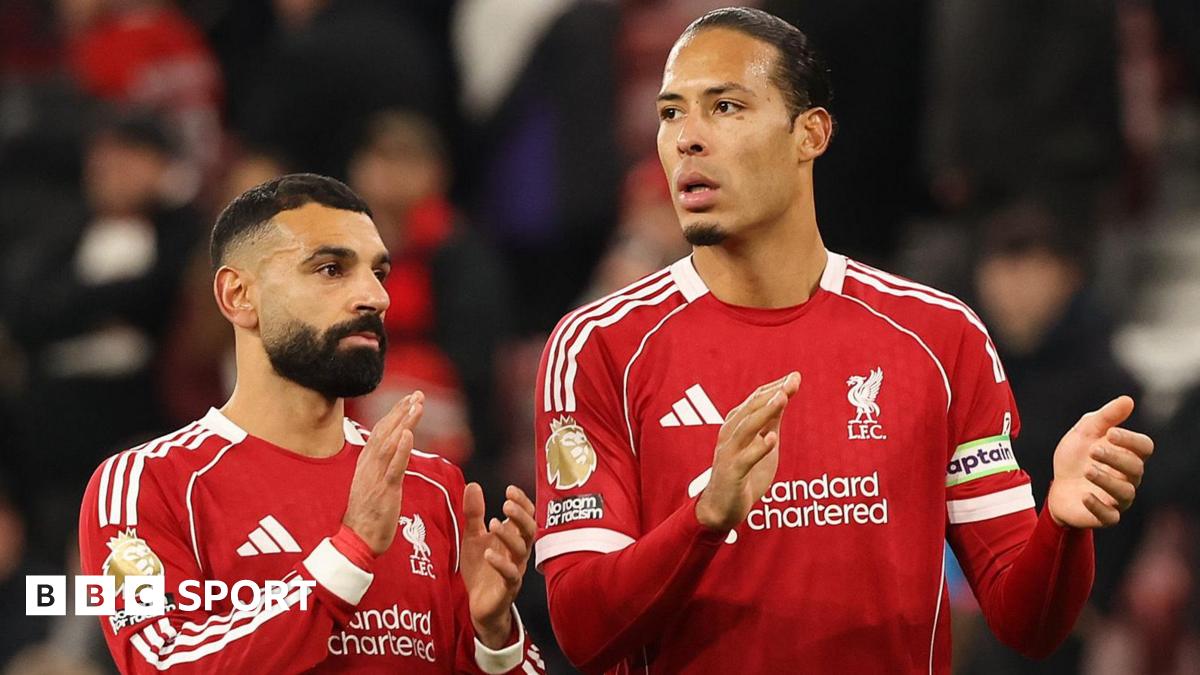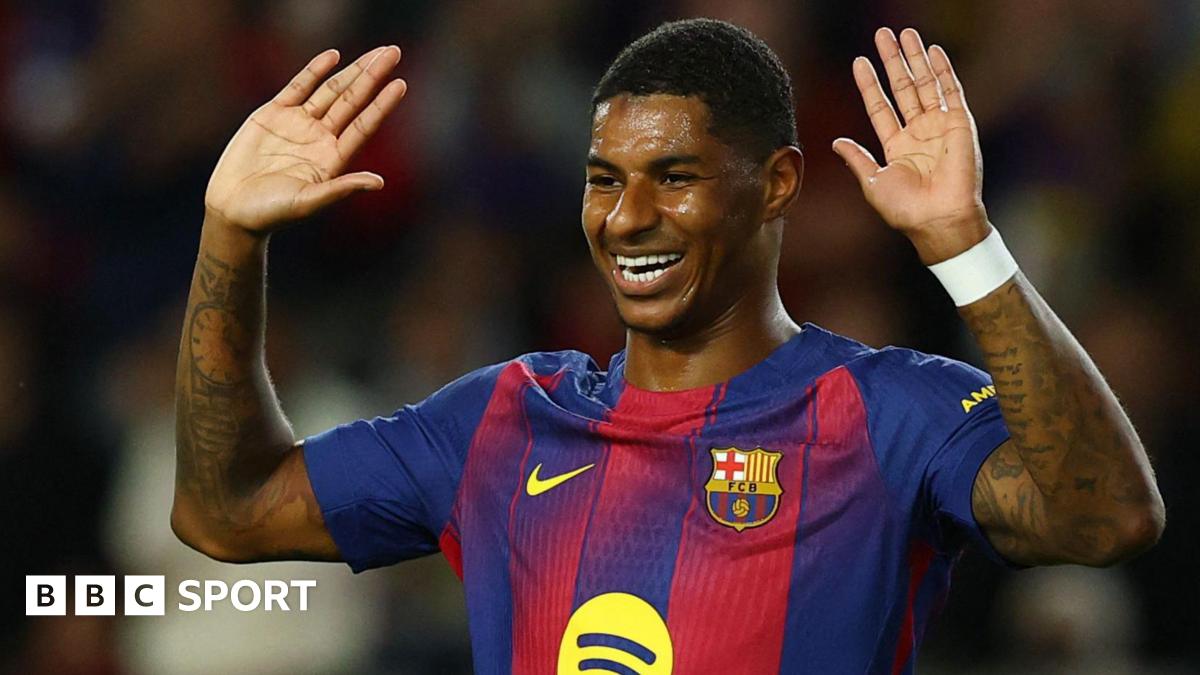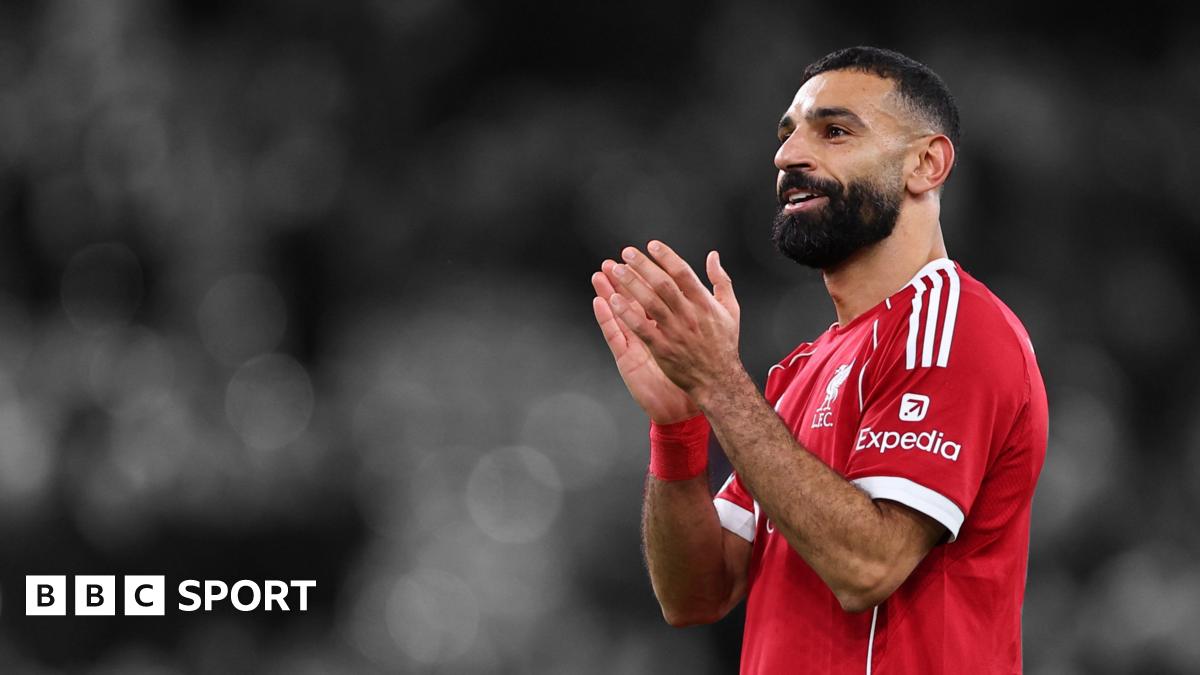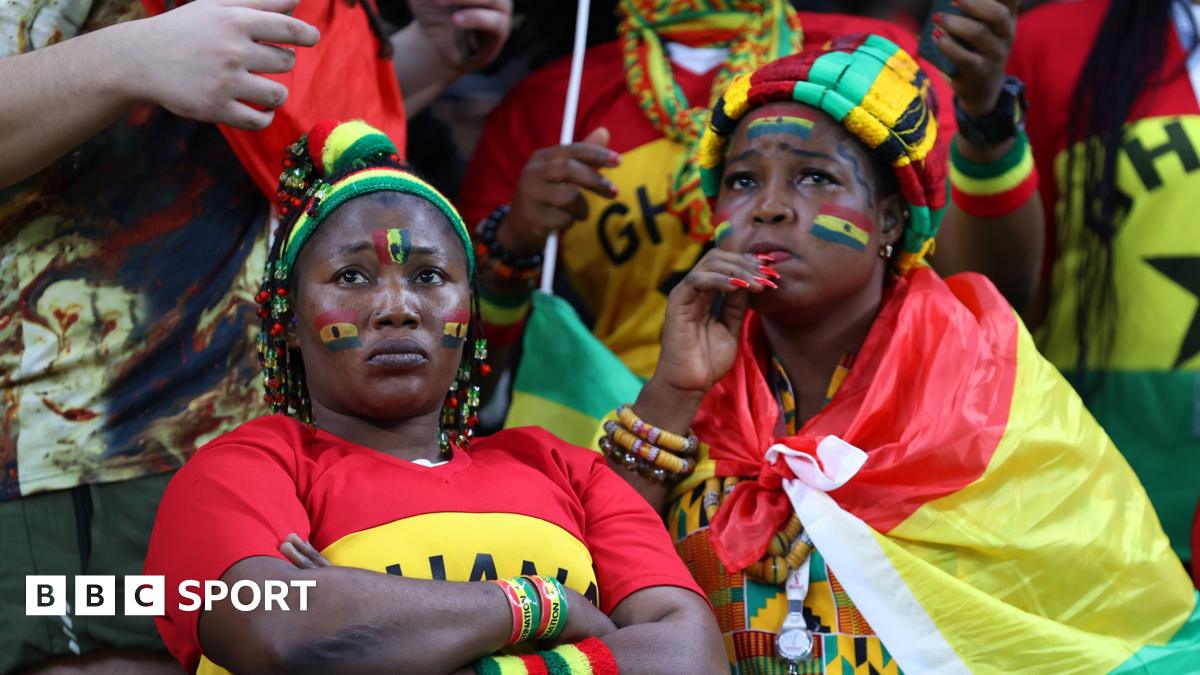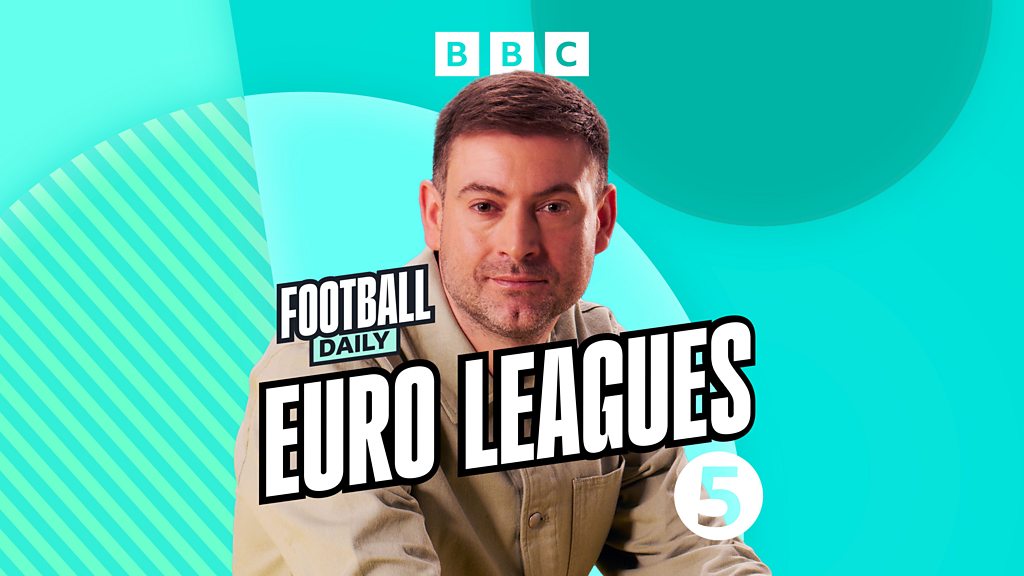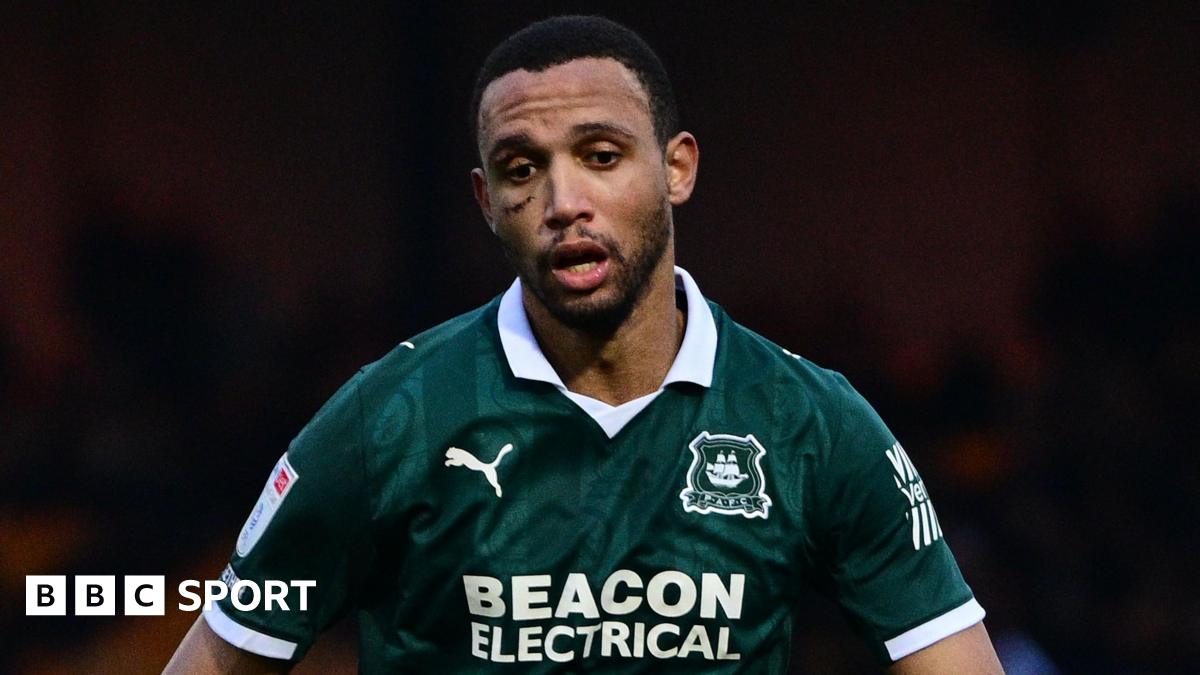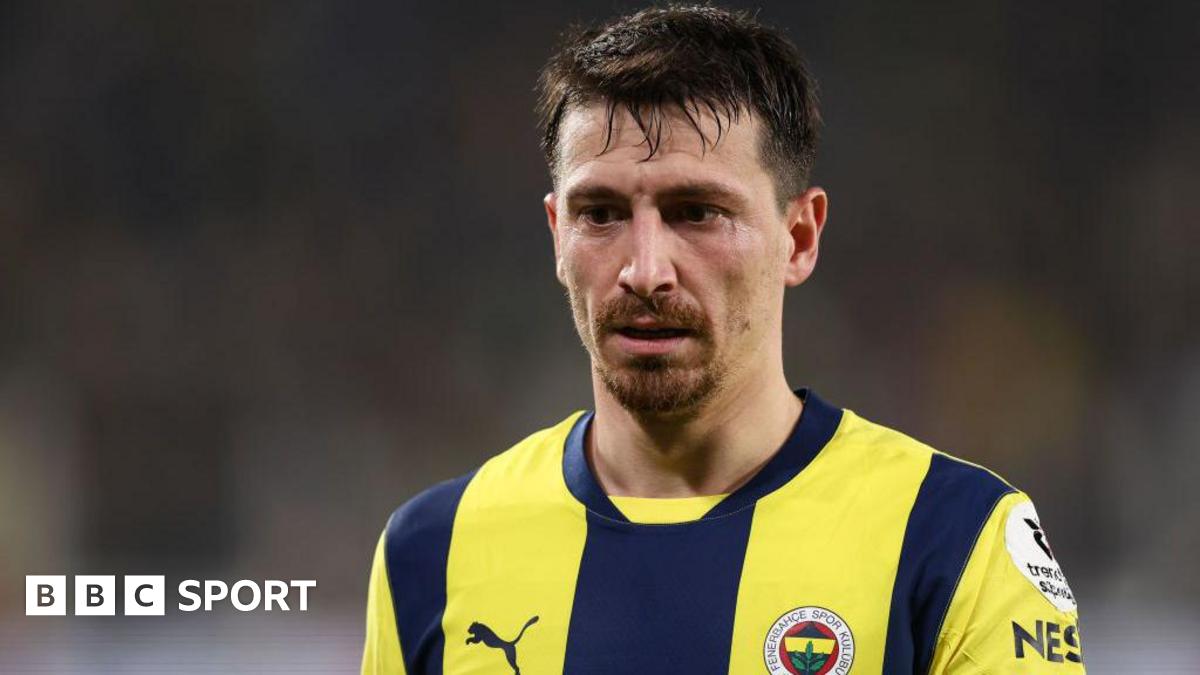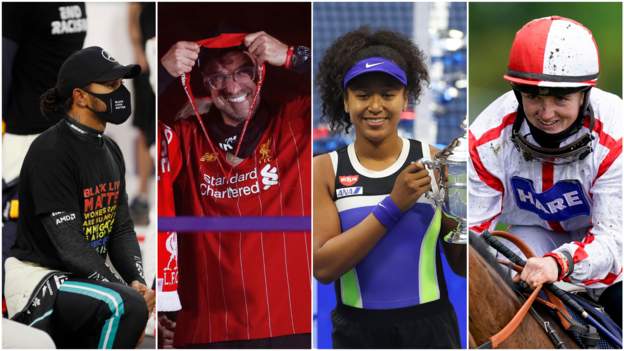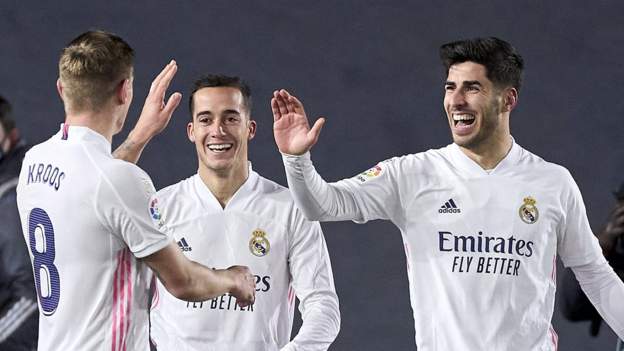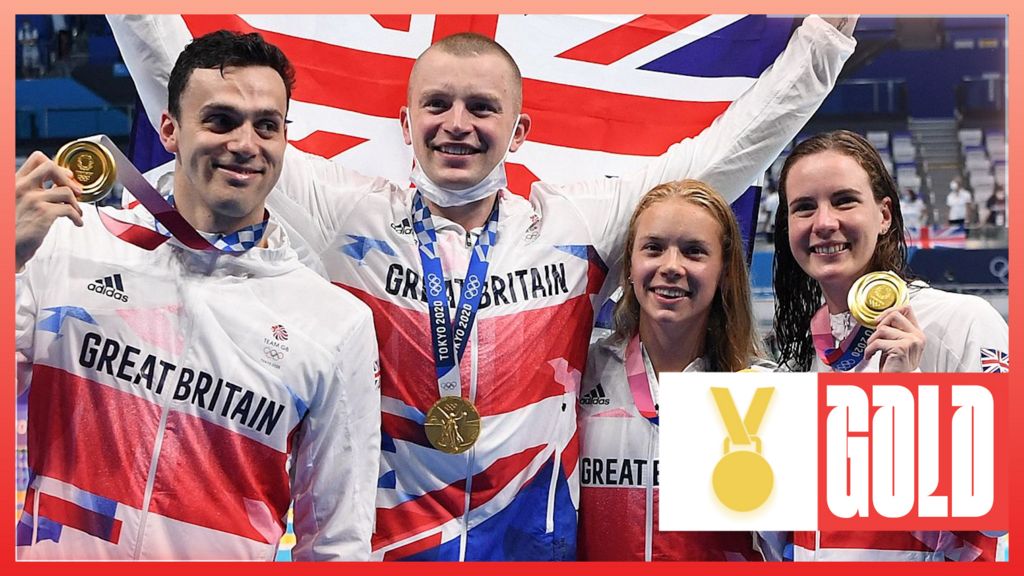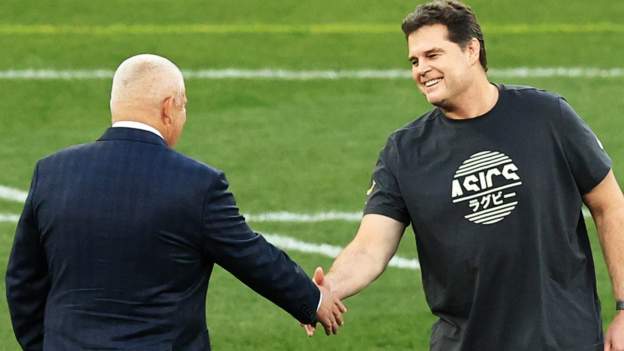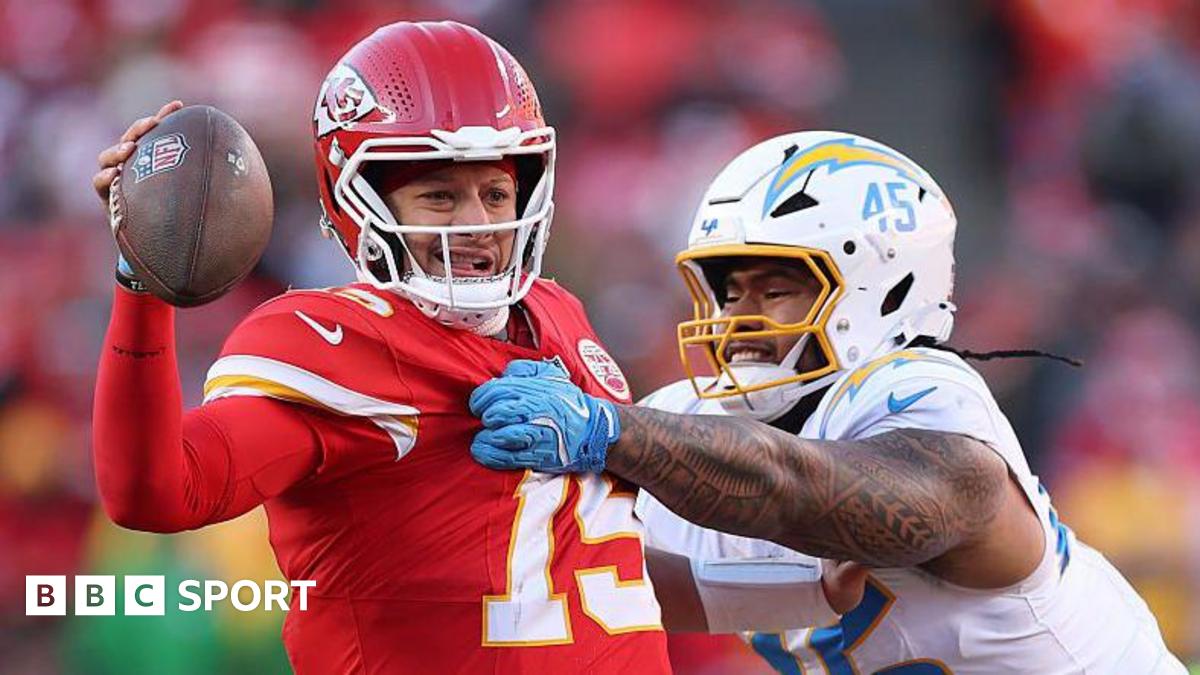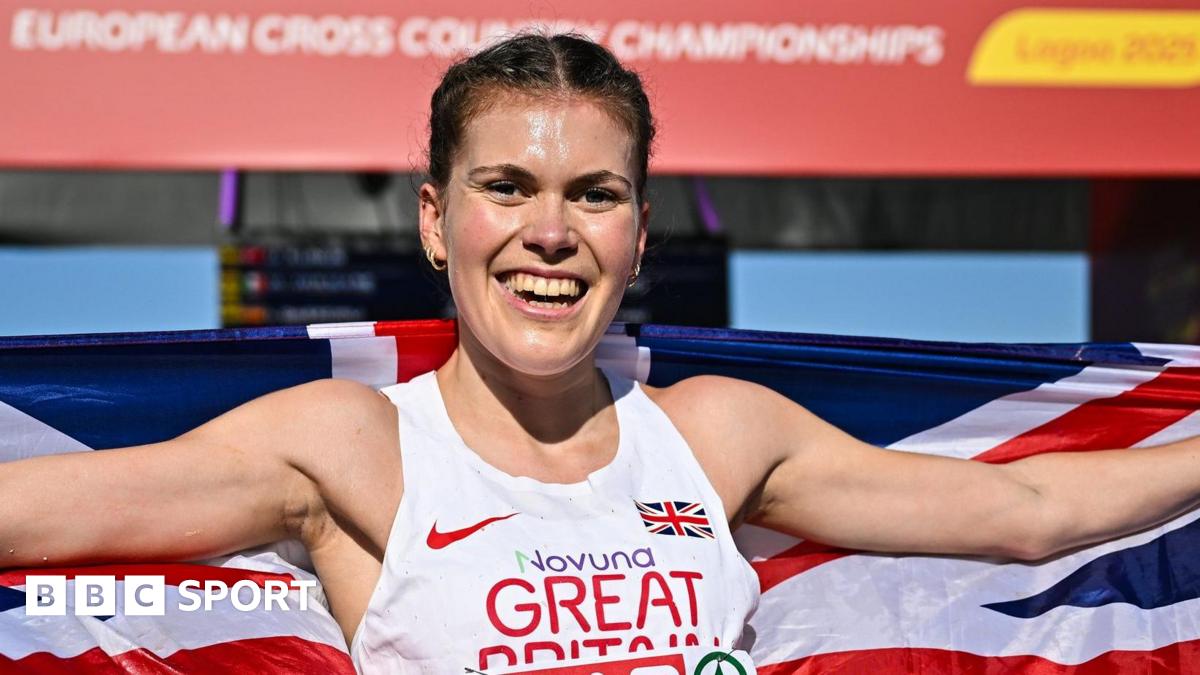This time last year, when reviewing a remarkable decade for sports news, I reflected on an unprecedented era of scandal and turbulence, suspecting the next 12 months might be relatively tame by comparison.
Little did we know that the 2020 would barely be under way before delivering the biggest single news story that most of us will ever experience. Just as it has impacted almost every element of our lives, Covid-19 has had profound consequences for the world of sport.
The crisis has dominated the news agenda, exposing many of the challenges faced by sport, but also revealing some of its strengths.
Many of the big questions it raised will not be answered, nor its ramifications truly understood, until well into 2021 and beyond. But in a year like no other, there have also been many other major stories, both on and off the field, that ensure 2020 will never be forgotten.
The consequences of Covid-19
Ever since the controversy surrounding the decision to proceed with the Cheltenham Festival and Liverpool’s Champions League fixture against Atletico Madrid nine months ago, despite the cancelling of events overseas, sport has been closely linked with the story of the pandemic crisis as it developed, emblematic of Britain’s initial reluctance to lockdown.
With elite sport such a fundamental part of our popular culture, the subsequent suspension of the football season, followed quickly by the collapse of the entire global sporting calendar on a shocking Friday in mid-March, and then the cancellation of many major events, including eventually the biggest of all with the first ever postponement of the Olympics, were potent symbols of the dislocation of society.
But it also shattered a prior assumption that sport was somehow immune from the realities of the outside world, the forced pausing of sport’s globalised and constant schedule having huge knock-on effects for an already crowded calendar and finances.
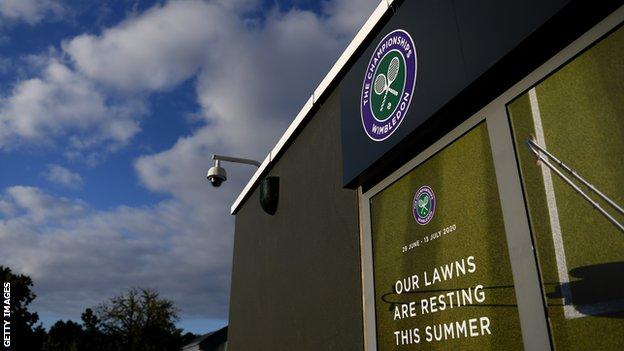
With sport flipped on its head, amid weeks of uncertainty and tension over whether league campaigns and other competitions should be abandoned, the fact that so much of sport managed to resume, albeit behind closed doors and via bio-secure bubbles, was indicative of its ingenuity and defiance, its ability to lift people’s spirits, and of course, the need to honour crucial broadcast contracts.
With a host of competitions cancelled and curtailed however, women’s sport was affected especially badly, with female athletes often resuming action long after their male counterparts had. The fear was that a lost summer had undone some of the progress and momentum achieved in recent years, exposing and exacerbating the gender inequality and under-funding that persists in elite sport.
But more than ever before perhaps, the saga also brought home the crucial role of fans to sport, both emotionally and financially. With turnstiles shut, the loss of atmosphere inside soulless sports venues left a void that no amount of sporting drama or artificial crowd noise can entirely compensate for.
The cancellation of fixtures and loss of gate receipts resulted in an unprecedented crisis that had a myriad consequences across sports.
There were redundancies and other cutbacks amid massive shortfalls, increased interest from private equity investors, an unprecedented £300m government rescue package for elite spectator sports (but not football) after a joint plea for assistance.
The situation also brought the first free to air terrestrial TV coverage of Premier League football, a £250m Premier League bailout of the EFL after months of wrangling and the emergence of radical ‘Big Picture’ restructure proposals for the future of English football.
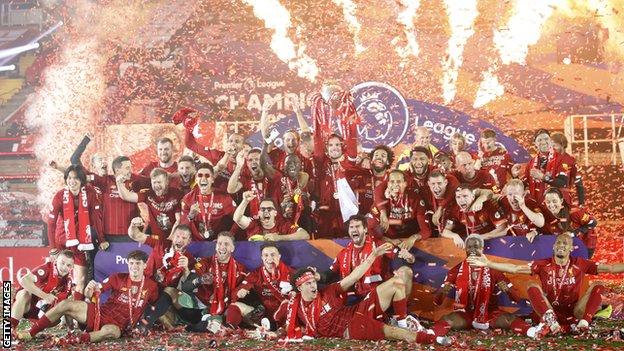
There were mounting calls for an overhaul of the national game’s governance and distribution of finances, and tension between sports and government over plans for the phased and partial return of fans. All these narratives will continue well into 2021.
There were many other big stories connected to the pandemic; pressure from politicians and clubs on footballers to take pay cuts, the failure of some stars to follow the rules of lockdown, equally embarrassing u-turns by Premier League clubs over the furloughing of staff – and their decision to make some matches available on pay per view after a backlash by fans.
On the field, 2020 was highly significant. Among the highlights:
- Liverpool ending their 30-year wait for the league title with a record seven games to spare.
- Lewis Hamilton claiming his record equalling seventh world championship.
- Tyson Fury completing one of sport’s great comebacks by overwhelming heavyweight champion Deontay Wilder on a defining night in Las Vegas.
- Exeter Chiefs completing a momentous domestic and European rugby double.
- Jockey Hollie Doyle becoming the first female rider to have five winners at one meeting, before Bryony Frost also made history, becoming the first female jockey to win the King George VI Chase at Kempton.
- Dame Sarah Storey winning three more titles at the para-cycling track world championships.
- Scotland’s men reaching a first major football tournament for the first time since 1998.
- Adam Peaty breaking more world records in the pool.
- Tao Geoghegan Hart became Britain’s fifth Grand Tour winner at the Giro d’Italia, while Lizzie Deignan claimed the Women’s World Tour title to cap a standout year.
But with almost all these achievements played out in front of empty stands, Covid cast a shadow over everything, some victories feeling sadly hollow compared to the past.
However, there were also positives to come out of the crisis. The charity of sport was highlighted. It forced sports to join forces to make clear the economic and social value of the sector when lobbying for government assistance.
The banning of grassroots sport was among the most contentious elements of lockdown, and there seemed to be a new appreciation for its importance as an essential service – a means of delivering the physical and mental health that society now desperately needs to recover from the the pandemic, but also to help tackle a range of social challenges the crisis it will leave in its wake.
So many questions remain; what will the impact of national lockdowns be on rates of physical activity? Will certain contact or indoor sports have to modify their formats to convince the authorities and participants they are safe?
When will more fans be back, and what technology will be developed to help them do so? Will that depend on the successful rollout of vaccines? Will rising cases in the community force further suspensions of sport? Where will football’s European Championship be staged, and what will the Olympics look like, when and if it finally happen this year?
Sport will hopefully help the world to move on from Covid and celebrate its return to some normality. If all goes well, the Euros, Tokyo, a home Rugby League World Cup and women’s Euros and the Birmingham Commonwealth Games could prove much more than mere sports events, becoming hugely emotional expressions of relief and reflection. But like so much in life, sport will never be the same.
Black Lives Matter
The sporting year will be remembered for another great force.
Just as the pandemic exposed racial health disparities, the Black Lives Matter movement raised awareness of discrimination and injustice following the death of George Floyd in the United States, igniting an unprecedented period of athlete activism.
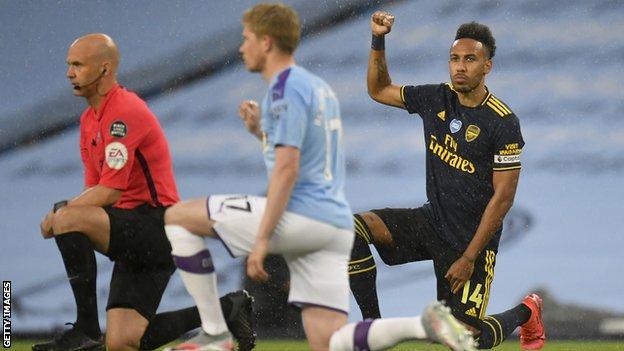
With stars from across sport taking a knee in solidarity with the movement, there was renewed focus on the persistent issue of diversity and under-representation in positions of power. From Michael Holding and Lewis Hamilton to Naomi Osaka and Tyrone Mings, stars past and present provided some of the movement’s most affecting words and enduring images.
Sport’s involvement in the campaign was not without controversy. Six Formula 1 drivers refused to join Hamilton and take a knee before the Austrian Grand Prix, amid concerns by some about possible political connotations behind the movement in some countries.
In June, some Burnley fans organised a plane banner with the words ‘White Lives Matter’, an act condemned by the club’s captain Ben Mee. And earlier this month, some Millwall supporters booed while their team took a knee before a match against Derby, with similar incidents involving Colchester United and Cambridge United fans.
But despite such episodes, little could detract from the sense that that sports’ solidarity with this global effort to tackle racism was truly significant, ensuring governing bodies stepped up their efforts.
The England’s Rugby Football Union unveiled a plan to increase diversity. The England and Wales Cricket Board announced a new independent Commission for Equality in Cricket, acknowledging the sport had been forced to confront “uncomfortable truths.”
England’s Football Association introduced a new Leadership Diversity Code, quickly undermined when chairman Greg Clarke had to resign after a series of inappropriate remarks in a disastrous appearance in front of a parliamentary committee.
Sports stars spoke out on other causes too. From England and Manchester United striker Marcus Rashford and his child food poverty crusade forcing a government u-turn and Rob Burrow’s quest to raise awareness of Motor Neurone Disease, to French World Cup winner Antoine Griezmann severing ties with Chinese telecom giant Huawei because of the treatment of ethnic Uighur Muslims.
The combination of the Covid crisis and Black Lives Matter appears to have made sport stars realise how fortunate they are, and the opportunity and responsibility they have to use their profiles to address social issues.
Athlete welfare issues cast a cloud
The voice of athletes were heard in other ways, forcing sport to stop, think, and confront highly uncomfortable issues.
Since the 2016 Rio Games, British sport had been hit by a series of athlete welfare and bullying scandals. The most damaging crisis however, was still to come, with British Gymnastics engulfed by a torrent of allegations of mistreatment in the sport, including by some of its biggest names, from Amy Tinkler to Nile Wilson.
An independent review was launched, the sport’s chief executive stepped down, athletes threatened to sue the governing body, and questions were once again raised about the culture presided over by UK Sport.
It is too early to judge the funding agency’s recent shift in approach, vowing to win “in the right way”, and to invest in sports more reflective of modern society. But it felt like a hugely important moment in the evolution of British sport after so many years of success tainted by controversy.
Football’s dementia crisis intensified, especially after the death of sufferer Nobby Stiles, and fellow England legend Sir Bobby Charlton’s diagnosis with the condition. Under mounting pressure over the way they have handled one of the biggest challenges facing the sport, football’s authorities will now consider further restrictions on heading, and the introduction of permanent concussion substitutes.
News of a potentially seismic joint legal action by a group of former rugby players claiming the sport’s authorities failed to protect them from head injuries, and the shock revelation by England World Cup winner Steve Thompson that he was among those with early onset dementia, reinforced the sense of a moment of reckoning for contact sports over concussion.
Amid talk of multi-million pound compensation payouts, the risk was not just to sports’ finances, but also to their reputations. Despite the undoubted health and cultural benefits of such contact sports, if safety fears persist, the threat could be existential.
However this sad story ends, if they are to convince future generations to play, sports are clearly going to have to invest more in the research of brain injuries, tighten protocols, and modify rules, while trying to retain what makes them special.
Controversy, conflict and condolences
There was no shortage of other intrigue throughout the year.
In football, the world’s most expensive defender, Harry Maguire, found himself at the centre of a remarkable episode that saw him spend a night in the cells and convicted of assaulting a police officer during an unsavoury incident while on holiday in Greece. He appealed but a retrial is yet to be scheduled.
The collapse of a takeover bid of Newcastle United by a Saudi-backed consortium amid concerns over human rights and TV piracy, and the Premier League’s failure to approve the deal, raised major questions over the sport’s governance. As did the decision by the Court of Arbitration for Sport (CAS) to overturn Manchester City’s two-year ban from European competition over Uefa financial fair play regulations.
City missed out on what would have been a blockbuster signing of Lionel Messi, who eventually chose to stay at Barcelona after dramatically handing in a bombshell transfer request. But Spurs did manage to secure the return of former star Gareth Bale, his loan deal from Real Madrid the defining move of a billion pound Premier League summer spending spree.
As ever, issues related to integrity provided plenty of controversy.
Lamine Diack, the former head of world athletics’ governing body, was jailed after being found guilty of corruption linked to the great Russian doping scandal.
The country’s ban from major sporting events for trying to cover up the conspiracy was upheld, but watered down and halved to two years by the Court of Arbitration for Sport. That sparked a major backlash from athletes and anti-doping officials, just months before the postponed Tokyo Games.
One man absent from Tokyo will be the world’s fastest man, Christian Coleman, sensationally handed a two-year ban after two missed drugs tests and one ‘filing failure’. He has appealed.
World Athletics tightened regulations around high-tech running shoes, but resisted pressure to ban Nike’s controversial Vaporfly footwear despite concerns they were distorting fair competition, and enabling ‘technological doping’.
Fresh questions were raised over Mo Farah’s relationship with his banned former coach Alberto Salazar in a new BBC Panorama investigation.
And champion flat jockey Oisin Murphy served a three-month ban after testing positive for cocaine, maintaining he did not take the drug.
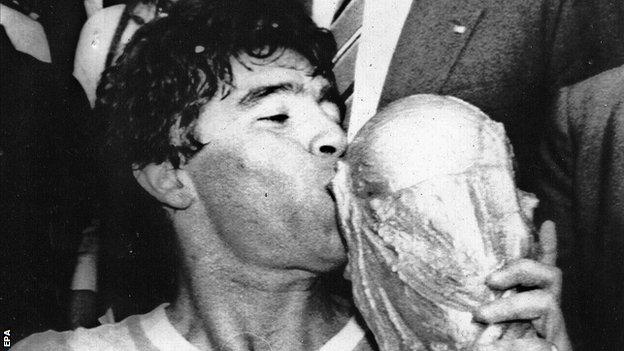
But 2020 will also be remembered for the loss of two sporting giants, their respective deaths at the start and end of the year, sending shockwaves across the world.
The death of basketball icon Kobe Bryant in a helicopter crash in January, and then Diego Maradona, arguably the greatest footballer of all time, in December, were tragic reminders of the unique influence and meaning of sport in our lives, and the void it leaves when it is taken away. Legacies of a truly distressing year that sport will take a long time to recover from.



